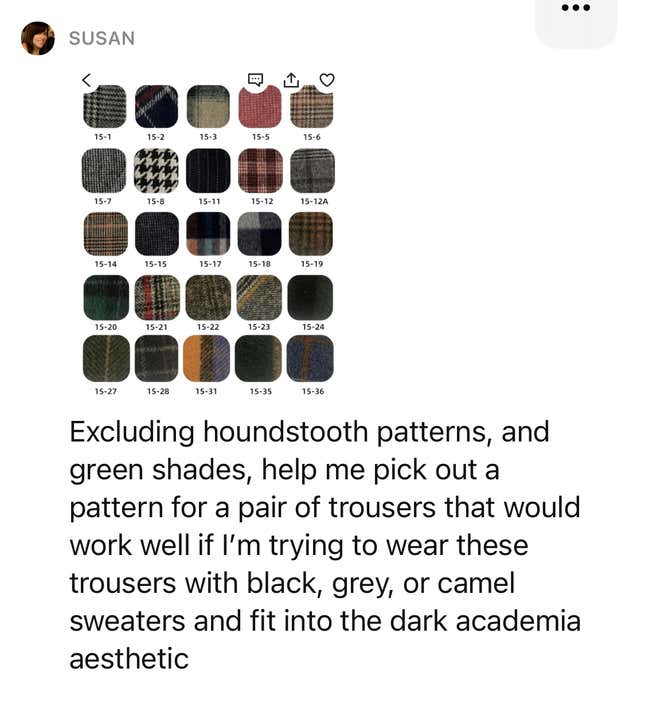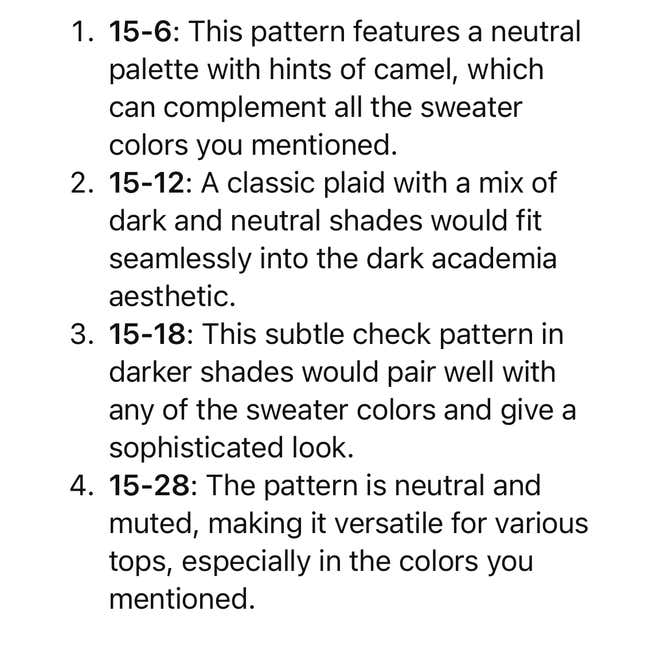Hello, fellow humans! Hope you’re enjoying the new, limited Saturday edition of the Daily Brief, which is focused on AI, though, we promise, written by actual people.
Got some questions about AI you’d like answered? Or just some AI hallucinations you’d like to share? Email us anytime. Enjoy!
Here’s what you need to know
US lawmakers want Meta and X to make rules for political deepfakes. Congressional members are worried that online ad campaigns for the 2024 presidential election will go way beyond red bathrobes and spread dangerous disinformation.
Beer-serving robots are behind South Korea’s biggest IPO this year. Doosan Robotics, which is employing AI in its cobots—that’s collaborative robots, in industry speak—debuted on the Seoul exchange this week.
Leaders will gather in Amsterdam next week for a global AI summit. The meeting starts Oct. 11 and includes talks from senior technology executives at Amazon and Nvidia.
Quotable: Lower ye bridges!
“I’m not a believer in moats when the market is moving as fast as it is.”—Lisa Su, CEO of AMD, one of the world’s largest computer chip firms, talking about competing with Nvidia’s coveted technology at a conference last week.
AI is for boring stuff. Canva gets it
Imagine: You’ve been tasked with taking notes during your company’s Zoom call. Great. You open up Google Docs and start plugging away, already thinking about the next few hours you’ll spend turning those notes into a flashy report for executives or a client presentation.
Graphic design platform Canva is trying to stop that. Internally, the company’s employees have started using a feature that can transform whiteboards into blog posts in seconds. It’s not AI, Canva has said: It’s Magic.
Whatever Canva wants to call it, its new tools do use large language models, including in-house ones, OpenAI’s model, and one from Runway.AI, to do the boring. The company’s co-founder and chief product officer Cameron Adams told Quartz in an interview that “Humans are still the center of the creative process.” We’re pretty clear on that part—just need the robots to do the grunt work while we think our big creative thoughts, please.
Speaking of Zoom, it hopes AI will help you not forget about it
Zoom would actually like it if you didn’t open Google Docs during your next meeting. One of its new features, to be released next year, is a word processor that allows for editing and writing, with a twist: Zoom Docs uses AI to do a lot of menial work, more cheaply.
It’s all in an effort to keep Zoom relevant as its heady pandemic days of being the verb to mean “videoconference” begin to wane. The company is resting this aspiration on a suite of work tools that will compete with its biggest rival, Microsoft’s Teams.
Let’s just say that goal is more of a mountain to climb than a hill. Microsoft’s share of the collaborative software market is 42.6%. Zoom’s is 6.8%. That might be part of the reason why Zoom is trying to shrink Microsoft’s influence by going the antitrust route.
Other great AI reads
🛒 How AI is changing retail jobs at Walmart
🤖 How Meta wins even if its new AI assistant fails
🤔 AI is on the world’s mind. Is the UN the place to figure out what to do about it?
🎨 A Sony AI research paper has found new layers of skin tone bias
✏️ AI companies are hiring creative writers
Ask an AI
OpenAI recently rolled out new features, including voice (you can now use your vocal cords instead of your fingers to give it commands) and images, which involves uploading a picture that you can then ask questions about. Quartz editor Susan Howson tested the paid feature out on a recent conundrum—which of these fabric swatches should become her next pair of trousers?

ChatGPT took no time at all to come up with some answers.

“This was by far the most useful thing ChatGPT has done for me to-date,” she said. “Though it sidesteps the real problem here, which is that the swatches are simply far too small to get a good idea of what it would look like as a pair of pants. Unless a robot can. I don’t know, I’m still going to ask for bigger swatches.”
Our best wishes for a very human day. Send any news, comments, pattern recommendations for Susan’s trousers, and Canva creations to [email protected]. Reader support makes Quartz available to all—become a member. Today’s AI Daily Brief was brought to you by Morgan Haefner and Susan Howson.